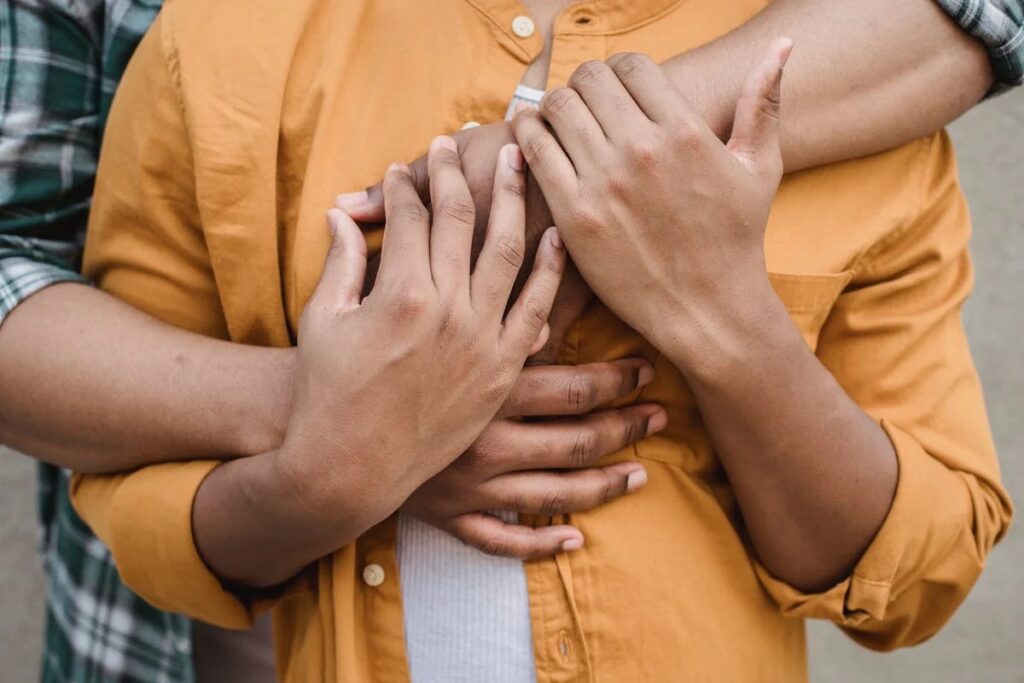
Are human beings, by their essence, generous or selfish? It is a question as old as philosophy itself, debated by theologians, political thinkers, and poets. The answer is often sought in abstraction, in idealized notions of human nature. But when we strip away the formal structures of civilization—when the law no longer holds dominion over conduct—what do we see? Do people become beasts, driven by hunger, fear, and instinct? Or do they reveal a nobler truth, one in which mutual aid and generosity emerge as guiding principles?
To answer this, we must not rely on theoretical constructs alone but examine the moments when the law, that fragile scaffold of order, has collapsed. War, natural disaster, revolution—these are the crucibles that expose the raw material of the human spirit.
The Thin Veil of Civilization
It is tempting to believe that moral conduct is a matter of rational choice, a system we adopt because it is useful. Yet history suggests that civilization, in the legal sense, is not as deeply ingrained as we might wish. The fall of Rome, the French Revolution, the famines of the 20th century—all offered glimpses into what happens when institutions falter. In many such cases, we find stories of pillage, betrayal, and violence. The looting of New Orleans after Hurricane Katrina is often cited as an example of how quickly people abandon legal and ethical constraints when enforcement vanishes. The city saw instances of robbery, armed confrontations, and the abandonment of social compacts. Here, it would seem that humans, freed from the watchful eye of law, reveal a primal selfishness.
But this is not the whole story. In every collapse of order, there are also acts of astonishing kindness, of people who, having nothing, share their last morsel of bread. After the 2011 tsunami in Japan, looting was almost nonexistent. Strangers formed lines to receive aid, even when they were starving. The same hurricane that revealed chaos in New Orleans also bore witness to volunteers who navigated flooded streets in small boats, rescuing strangers. The absence of law does not necessarily mean the absence of goodness.
The Origins of Generosity
If generosity were merely a product of law, it would cease when the law disappears. And yet, it persists. Why? Some might argue that generosity is a learned behavior, a survival mechanism encoded in social evolution. Humans, unlike solitary predators, survive best in groups. Early tribes that practiced mutual aid likely outlasted those that did not. From this perspective, generosity is not an anomaly—it is an extension of self-interest. To help another is to strengthen the group, which in turn strengthens the individual.
But this explanation, though plausible, is insufficient. It reduces acts of selflessness to cold calculation. If human generosity were purely utilitarian, we would not see people rushing into burning buildings to save strangers, nor the last piece of food given away with no hope of repayment. Something deeper must be at work.
The Limits of Selfishness
Hobbes argued that in a state of nature, life would be “solitary, poor, nasty, brutish, and short.” He believed that without a central authority, humans would act only in their self-interest, resulting in an endless war of all against all. This view, though persuasive, assumes that the deepest human instinct is one of competition. But is it not just as likely that survival depends on cooperation?
Consider the some of the experiences of concentration camp prisoners, placed in the extreme circumstance of confinement, stripped of rights, existing under conditions that mimic lawlessness. There are, of course, stories of violence and domination. But in these camps we also saw the formation of intricate systems of mutual aid. Those who smuggle food to the sick, who share blankets in cold sleeping dorms, who refuse to betray a fellow inmate to the guards—these too are expressions of humanity in the absence of formal law.
Moreover, if selfishness were truly the dominant instinct, human society itself would be impossible. Even in times of stability, acts of quiet generosity are everywhere—parents caring for children, friends offering solace, strangers helping one another in small but essential ways. None of this is dictated by law.
The Condition for Choice
The real question is not whether humans are inherently generous or selfish but rather what conditions bring out one tendency over the other. Fear, scarcity, and desperation often lead to acts of selfishness. A person drowning will instinctively push down another if it means one more gasp of air. But in situations where basic survival is not at stake, generosity flourishes. It is not that humans are either generous or selfish—it is that they are both, and the circumstances of their existence shape which instinct rises to the surface.
But even this is not an excuse. For while external conditions influence behavior, human beings are not wholly determined by circumstance. We are capable of reflection, of choosing generosity even when it is not the easiest path. The one who has nothing and still gives—that person refutes every theory of necessity, every argument that selfishness is inevitable.
The Responsibility of the Individual
To say that people resort to primitive behavior in the absence of law is only partially true. Some do. But just as many rise to the occasion, proving that law is not the only force that holds back chaos. The real question is not whether humans are fundamentally generous or selfish but which impulse we choose to cultivate.
Each person, in the smallest acts of daily life, answers this question anew. Civilization is not merely the presence of law. It is the sum of people’s choices—the silent acts of decency that build the world, even when no one is watching.
Join us in making the world a better place – you’ll be glad that you did. Cheers friends.